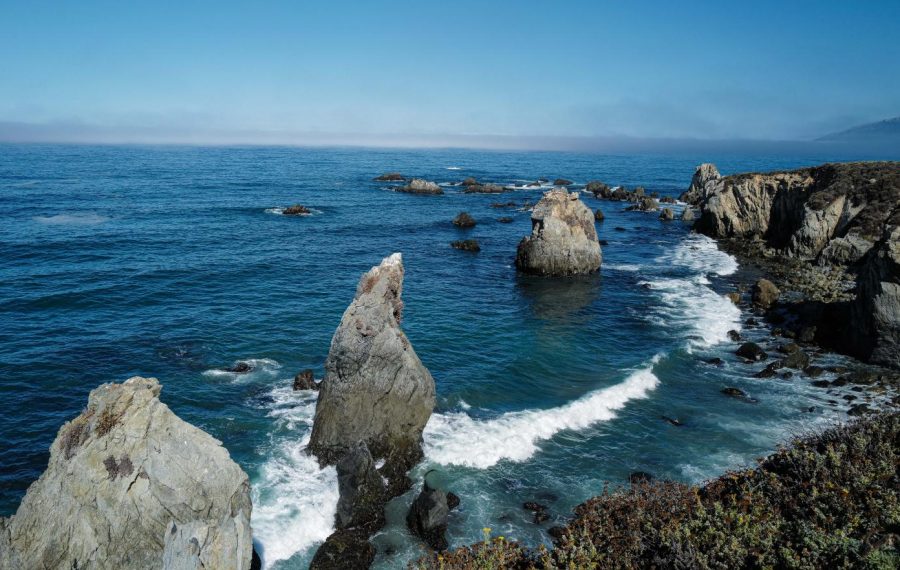Coastal erosion must be Louisiana’s priority
March 6, 2023
If you have beachside property, don’t be surprised if, one day, the ocean starts knocking on your back door. Louisiana, like other Southern states, loses miles of coastline every year. The state’s recent efforts to reclaim land and stop future coast loss provide hope that south Louisiana won’t become a Cajun Atlantis.
The U.S. Geological Survey reported erosion claims 29 square miles of coast each year, roughly equal to 78 ULM campuses or the land area of Monroe. This massive loss of land puts thousands of coastal residents at risk of losing their homes.
Thankfully for those threatened by erosion, Louisiana recently unveiled a plan to reclaim what has been lost. The state’s new $50 billion project plans to fight coastal erosion at its source, focusing on both remedy and prevention. The project will build wetlands in the South to act as buffer zones for incoming hurricanes. Additionally, the state will construct levees in high-risk flood zones to dampen the impact of severe weather.
The project is by no means cheap, but it’s a necessary step to protect the already threatened Louisiana coast. Louisiana’s plans mirror the recommendations from Federal Emergency Management Agency (FEMA) on how to effectively protect coastlines and slow erosion. FEMA suggests that “restoring coastal habitats like mangroves and dunes helps build healthy ecosystems.” The agency also claims that adding coastal vegetation prevents soil from being carried away by waves.
Unlike surrounding states, Louisiana’s plan shows the state is searching for a permanent solution for the disappearing coastline. According to ABC Action News, Pass-a-Grille Beach, Florida aims to replenish coasts by adding sand and sediment back to beaches. Even FEMA warns that while a replenishment project like Florida’s fights against erosion, “it is a temporary solution that will not permanently reduce the risk of erosion.”
Fortunately, Louisiana knows that erosion can’t be put on the back burner. As David Ruderman, a public affairs specialist with the U.S. Army Corps of Engineers Jacksonville District, said, “It’s not going to reverse itself in our lifetime.” Louisiana needed to take initiative, and save the fading coasts.
The high cost makes Louisiana’s plans not as attractive as low-budget replenishment projects, but the long-term focus of the state’s recent plans is the best possible step toward taking back our lost coasts.



